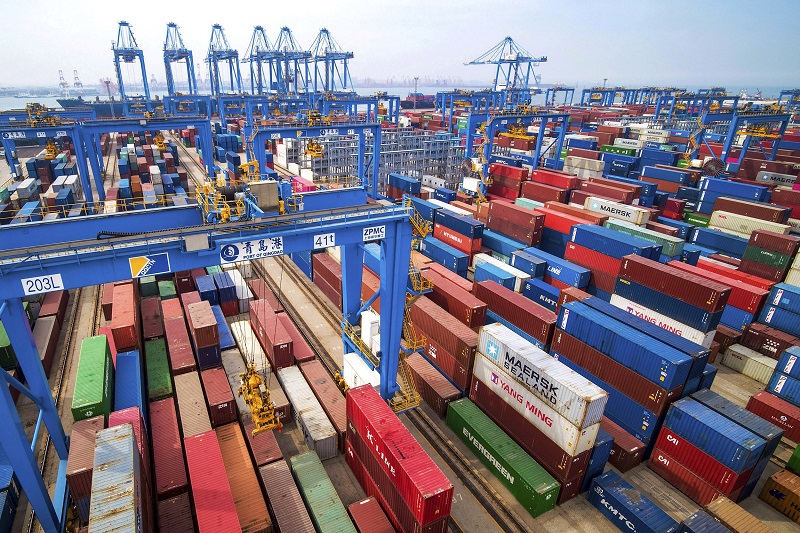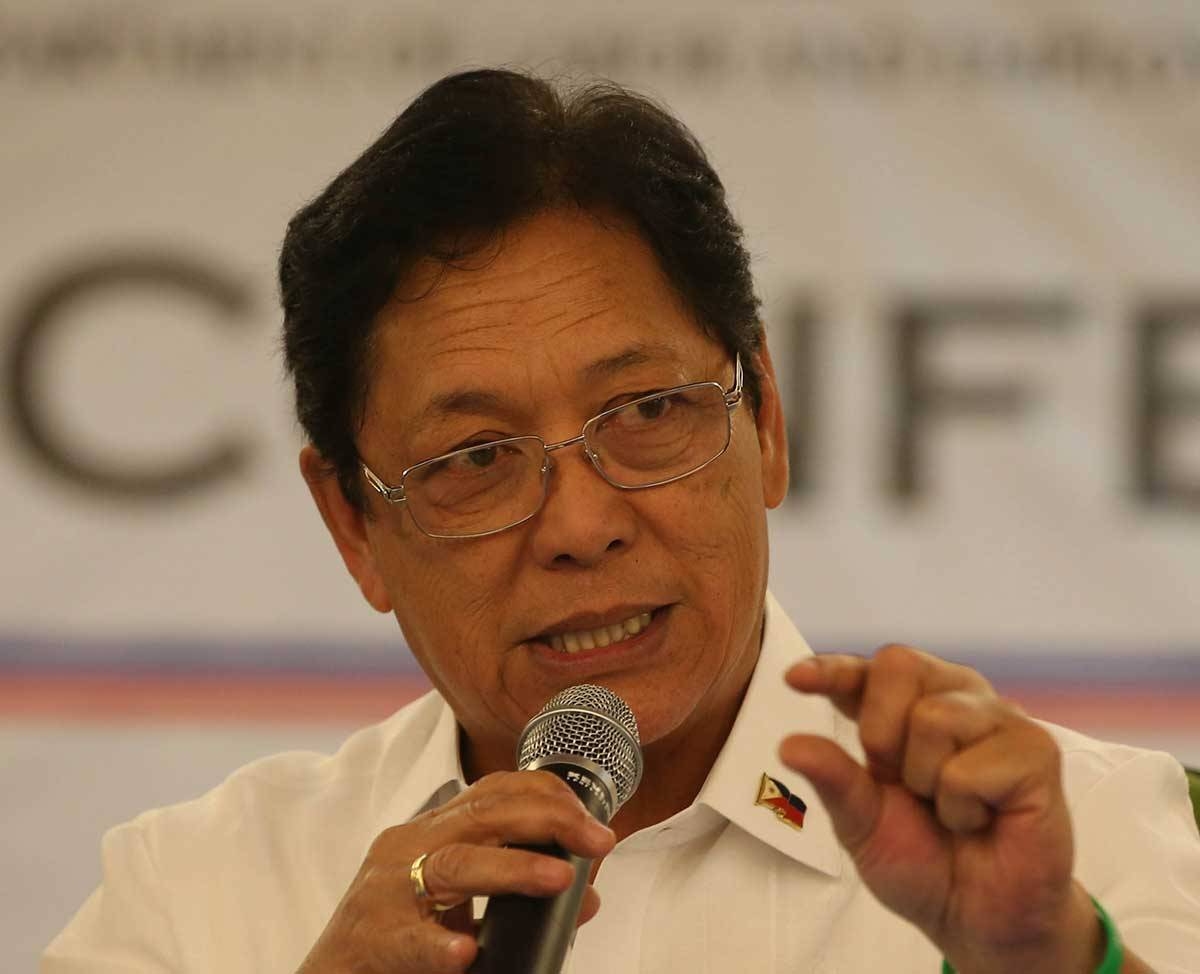The Bahraini Ministry of Industry and Commerce has announced that the Office of the GCC’s Technical Secretariat to Combat Harmful Practices in International Trade has taken steps to initiate anti-dumping investigations against certain imports from China in the Gulf region. This move comes as part of the Gulf Cooperation Council’s (GCC) efforts to support and safeguard the national industry against unfair trade practices.
Among the products being investigated are sheets and coated aluminum, which are commonly imported from China into the GCC countries. The ministry stated in a press release, reported by the Bahrain News Agency (BNA), that these measures are in accordance with law 48/2011, which pertains to the GCC anti-dumping system.
Anti-dumping investigations are conducted to determine whether imported goods are being sold in the importing country at a price lower than their fair value, causing material injury to the domestic industry. Dumping, in this context, refers to the act of exporting goods at a price below their production cost or the price in the exporting country.
The GCC’s anti-dumping system aims to protect local industries from the adverse effects of unfair competition, ensuring a level playing field for businesses. By investigating and imposing anti-dumping duties on imported goods, the GCC seeks to prevent harm to domestic industries and maintain fair trade practices.
For Filipino Overseas Filipino Workers (OFWs) in Kuwait and their families, this development may have relevant implications. OFWs often rely on remittances from their loved ones working abroad to support their livelihoods and meet their financial needs. Any disruption in the employment or income of OFWs can have a significant impact on their families back home.
By initiating anti-dumping investigations, the GCC is signaling its commitment to protecting local industries, which may lead to a decrease in imports from China. This could potentially affect the availability and affordability of certain imported products in the Gulf region, including Kuwait. It is important for OFWs and their families to stay informed about these developments and be prepared for any potential changes in the market.
Furthermore, this move highlights the importance of fair trade practices and the need for countries to address unfair competition. By taking action against dumping, the GCC is sending a message that it will not tolerate practices that harm domestic industries and undermine fair competition. This can ultimately benefit not only local businesses but also foreign workers, including Filipino OFWs, who contribute to the economies of GCC countries.
It is advisable for Filipino OFWs and their families to stay updated on any news related to trade regulations and policies in the Gulf region. This can help them anticipate any potential impact on their employment opportunities and financial stability. Seeking guidance from relevant government agencies and staying connected with Filipino communities and support networks in Kuwait can also provide valuable information and assistance during such times.
In conclusion, Bahrain’s initiation of anti-dumping investigations on Chinese imports in the Gulf reflects the GCC’s commitment to protecting its national industry and ensuring fair trade practices. For Filipino OFWs in Kuwait and their families, staying informed about these developments can help them navigate potential changes in the market and safeguard their livelihoods.
Source: Bahrain starts anti-dumping investigations against Gulf imports from China







